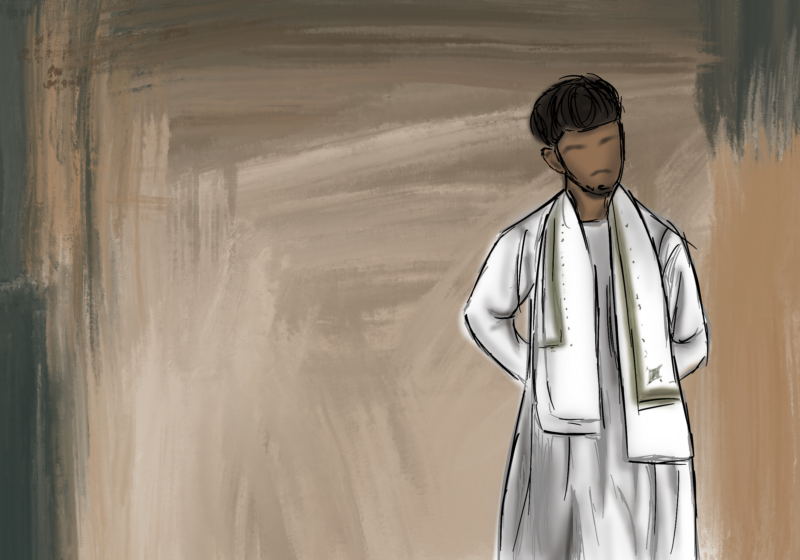In recent days, the Supreme Court’s ruling on political advertising, Citizens United v. FEC, has generated a great deal of publicity. The fundamental issue at stake in the decision is whether political advertising by corporations counts as free speech protected by the First Amendment. A slim majority of justices answered in the affirmative, overturning sections of the McCain-Feingold campaign finance legislation that sought to limit the corrupting influence of money on political campaigns.’
Much of the criticism surrounding the decision has centered around the threat posed by corporate electioneering. And certainly, the notion that corporations should be restricted from unduly influencing elections is an appealing one. With no individual identity and millions of dollars at their disposable, they have the potential to completely reshape the political landscape by the sheer volume of their political contributions. The Supreme Court failed in its duty to defend democracy – or so a common criticism goes.
But to some extent, this critique misses the point. Simply advocating for the most obvious solution – demanding that the Supreme Court uphold the restrictions Congress placed on corporate advertising – ignores the proper function of the Supreme Court. It is true that the Supreme Court plays a vital role in protecting democracy, and it is also true that unlimited corporate spending is a potential threat to the democratic process. But in the end, the seriousness of this threat is unknown, and more importantly, the Supreme Court’s raison d’existence is to interpret and uphold the Constitution – not to make political judgments about how and when money should be spent on elections.
Arguably, this most recent case is simply the latest decision in a long history of Court rulings upholding freedom of speech. In the past, the Supreme Court has broadly interpreted the First Amendment to protect symbolic forms of protest – such as flag burning and the wearing of armbands – as a form of speech. That the Supreme Court should protect such forms of speech is not surprising. It would be surprising, however, if the Supreme Court protected symbolic speech, but permitted other branches of government to restrict more tangible forms of speech – like political messaging in the midst of an election.
Indeed, one of the strongest arguments in defense of the Court’s decision lies in the original lawsuit that prompted the Citizens United v. FEC decision. As Justice Stevens noted in his dissent, the eponymous Citizens United is a ‘wealthy nonprofit corporation that runs a political action committee.’ Under FEC regulations, the organization was barred from running advertisements for a political documentary called ‘Hillary: The Movie’ on the grounds that they constituted political campaigning by a corporation.
Yes, the documentary was critical of erstwhile candidate Hillary Clinton, and, yes, Citizens United is a corporation. But that is the point. If the government can prohibit a nonprofit advocacy group from running political ads, the First Amendment is clearly at risk. Corporate electioneering may threaten democracy, but a Supreme Court that disregards the Constitution and restricts free speech is no less dangerous.
Jaramillo is a member of
the class of 2011.



